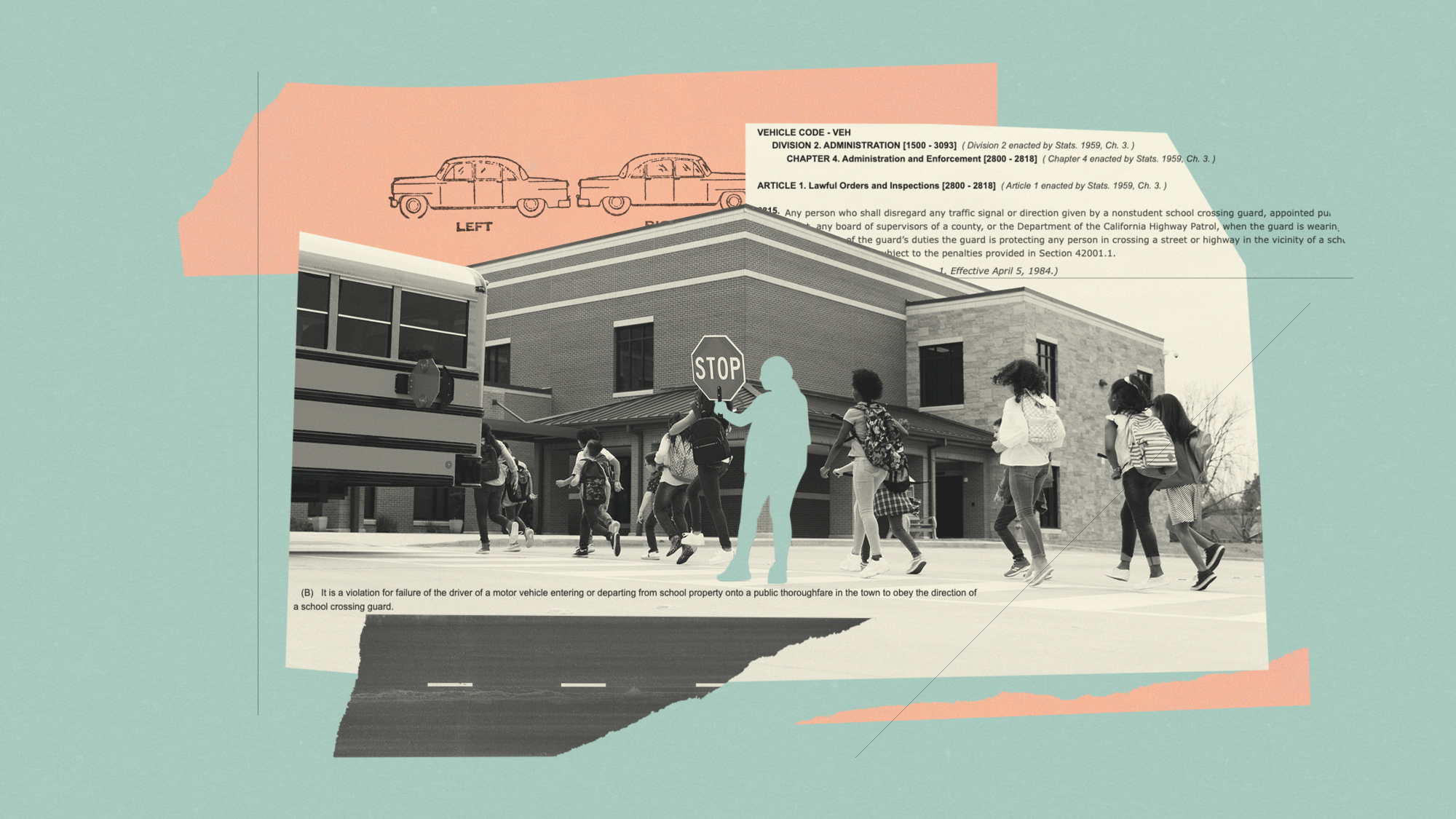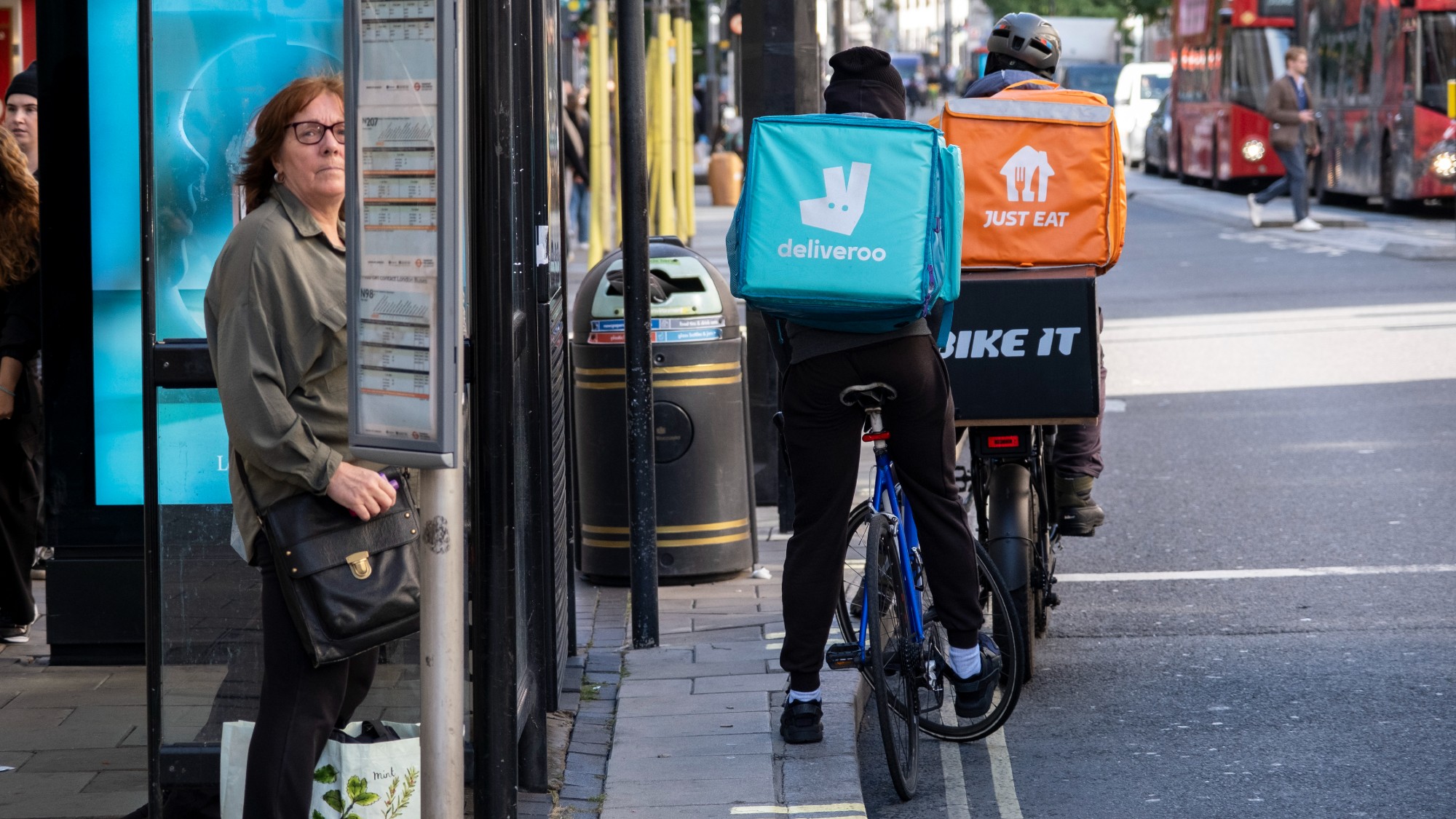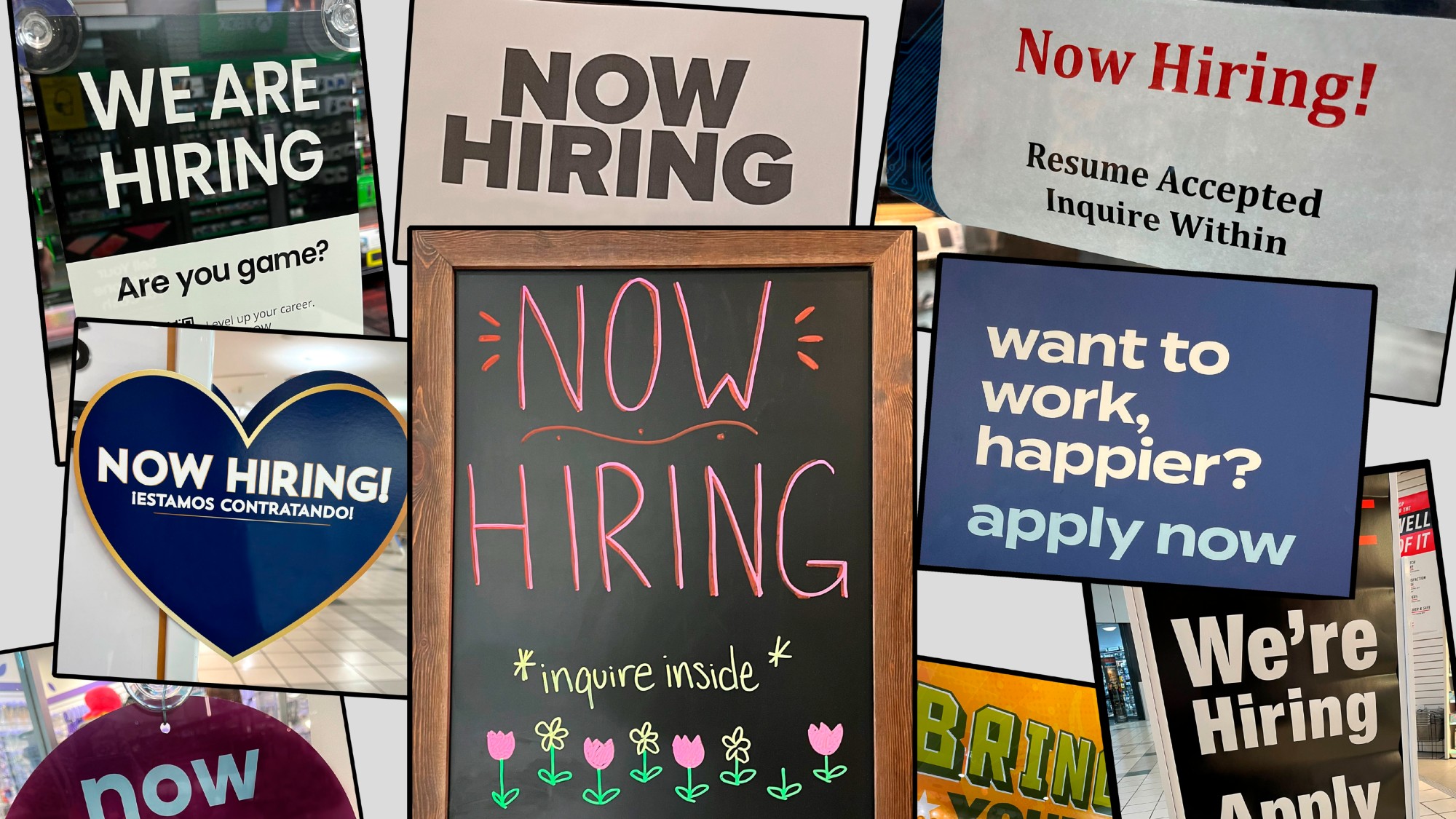Low-paid workers 'penalised' over flexible working
TUC says young parents are exploited by employers and do not know their rights

A free daily email with the biggest news stories of the day – and the best features from TheWeek.com
You are now subscribed
Your newsletter sign-up was successful
A survey of young parents in low-paid jobs has found they are often penalised if they ask for flexible working and even when they need time off to take their children to hospital.
The TUC spoke to 1,000 parents aged 20 to 35 and found that 42 per cent felt penalised if they asked for flexible hours. Some even feared they might lose their jobs. Those who did ask for flexible hours said they were given fewer hours or worse shifts.
More than half of those surveyed did not know their own employment rights, the trade union body said, while 47 per cent said they were struggling to juggle work with childcare.
The Week
Escape your echo chamber. Get the facts behind the news, plus analysis from multiple perspectives.

Sign up for The Week's Free Newsletters
From our morning news briefing to a weekly Good News Newsletter, get the best of The Week delivered directly to your inbox.
From our morning news briefing to a weekly Good News Newsletter, get the best of The Week delivered directly to your inbox.
The TUC says the results of the survey are "shocking", while the Department for Business, Energy & Industrial Strategy says businesses must have a legitimate reason to turn down a flexible working request from the 20 million people in the UK who are eligible to make one.
Professor Nicole Busby of Strathclyde University told The Guardian that legal rights are often not relevant for the lowest-paid workers. "There is a right to request flexible work but this is of no practical use to those on zero-hours contracts who often don't even know their working hours in advance," she said.
"Even where it does apply, it is merely a 'right' to ask for a particular arrangement and your employer can refuse on a range of different business grounds," she added.
Hospital visits
A free daily email with the biggest news stories of the day – and the best features from TheWeek.com
The study also found that many young parents were disciplined for taking time off for childcare. One young mother said: "My baby stopped breathing and I had to go to hospital – I got threatened with a disciplinary."
Another said she took her son to A&E because he was having breathing difficulties, only to get a call from her manager asking when she would be back at work. She said: "Some managers have no sympathy."
Radical overhaul
Ben Wilson, executive director of the Equality and Human Rights Commission, told the BBC that flexible working should become the norm.
He said: "We have been calling for all jobs to be advertised as available for flexible working in order to remove the barriers people, particularly parents, face to increased pay and fulfilling careers."
The TUC's General Secretary Frances O'Grady said: "Too many workplaces expect mums and dads to forget all about their kids as soon as they walk through the door...It's a nightmare to plan childcare when your boss changes your shifts at the drop of a hat, and you never work the same weekly hours twice."
-
 The ‘ravenous’ demand for Cornish minerals
The ‘ravenous’ demand for Cornish mineralsUnder the Radar Growing need for critical minerals to power tech has intensified ‘appetite’ for lithium, which could be a ‘huge boon’ for local economy
-
 Why are election experts taking Trump’s midterm threats seriously?
Why are election experts taking Trump’s midterm threats seriously?IN THE SPOTLIGHT As the president muses about polling place deployments and a centralized electoral system aimed at one-party control, lawmakers are taking this administration at its word
-
 ‘Restaurateurs have become millionaires’
‘Restaurateurs have become millionaires’Instant Opinion Opinion, comment and editorials of the day
-
 Ski town strikers fight rising cost of living
Ski town strikers fight rising cost of livingThe Explainer Telluride is the latest ski resort experiencing a patroller strike
-
 Employees are branching out rather than moving up with career minimalism
Employees are branching out rather than moving up with career minimalismThe explainer From career ladder to lily pad
-
 Out of office: Microretirement is trending in the workplace
Out of office: Microretirement is trending in the workplaceThe explainer Long vacations are the new way to beat burnout
-
 Being a school crossing guard has become a deadly job
Being a school crossing guard has become a deadly jobUnder the Radar At least 230 crossing guards have been hit by cars over the last decade
-
 Why 'faceless bots' are interviewing job hunters
Why 'faceless bots' are interviewing job huntersIn The Spotlight Artificial intelligence is taking over a crucial part of recruitment
-
 Champagne problems: migrant vineyard workers treated 'like slaves'
Champagne problems: migrant vineyard workers treated 'like slaves'Under the Radar Convictions spotlight the 'exploitation and misery' at the heart of the 'glamorous' industry
-
 How many people are working illegally in the UK?
How many people are working illegally in the UK?The Explainer Government vows 'nationwide blitz' on illicit workforce believed to number in the hundreds of thousands
-
 What is 'career catfishing' and why are Gen Z doing it?
What is 'career catfishing' and why are Gen Z doing it?Under The Radar Successful job applicants are increasingly disappearing before their first day